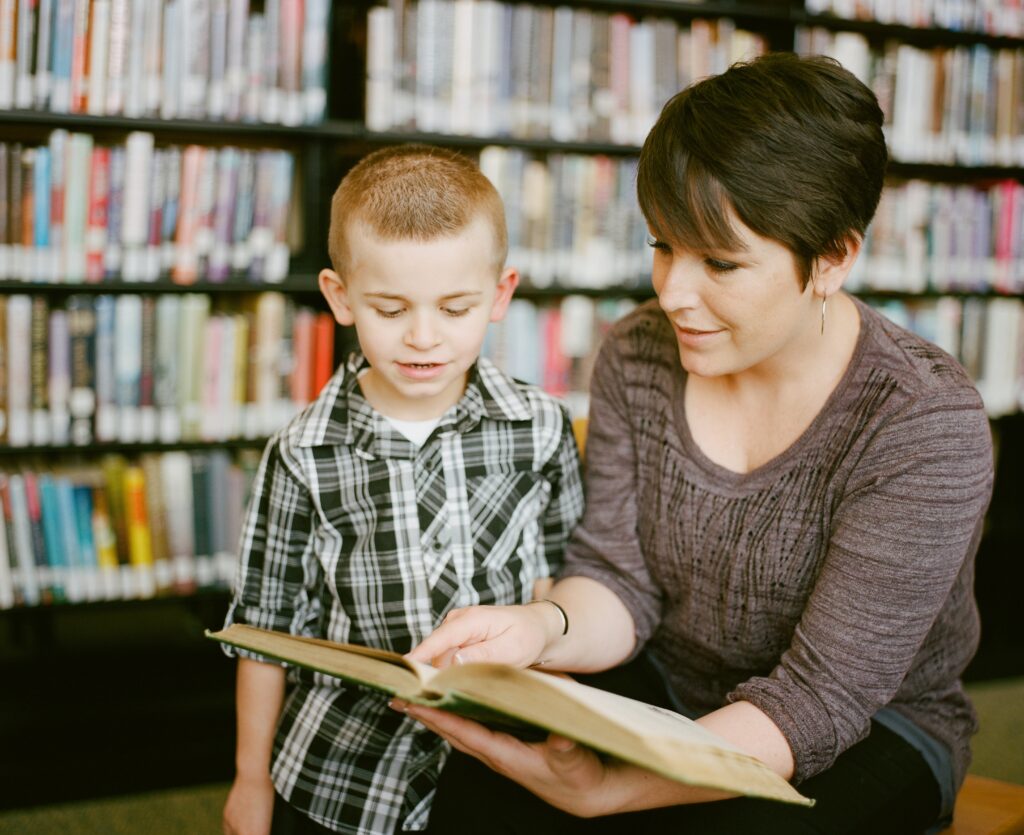There are several strategies that may be helpful for teaching an autistic child to be more sociable. Here are a few:
Social Stories
These are short stories that describe social situations and appropriate behaviors. They can help children understand and practice the social skills they need.
Role playing
This allows children to practice social interactions in a safe and controlled environment. It can help them learn how to initiate and respond to social interactions.
Video modelling
This involves showing children videos of people engaging in social interactions. This can help children learn and practice social skills, as well as give them a sense of what to expect in different social situations.
Social skills groups
These groups provide children with autism the opportunity to practice social skills with peers in a structured and supportive environment.
ABA (applied behaviour therapy)
ABA therapy is evidence-based and can be effective in teaching social skills to children with autism.
Speech and language therapy
Speech and language therapy can help children with autism improve their communication and speech skills, which are essential components of social interactions.

Self monitoring
Self monitoring is a method that teaches children to recognise when they are engaging in appropriate or inappropriate social behaviors and to adjust their behavior accordingly.
It is important to remember that each child is unique and may require a different approach. It is also important to involve the child’s parents, teachers and other professionals in the process, as they can provide valuable insights and support.
It is also important to be patient and consistent in teaching social skills, as it can take time for children with autism to understand and apply new concepts.
Feel free to browse our archive for other articles on raising autistic children. Alternatively you could visit the UK’S National Autistic Society’s website here.

